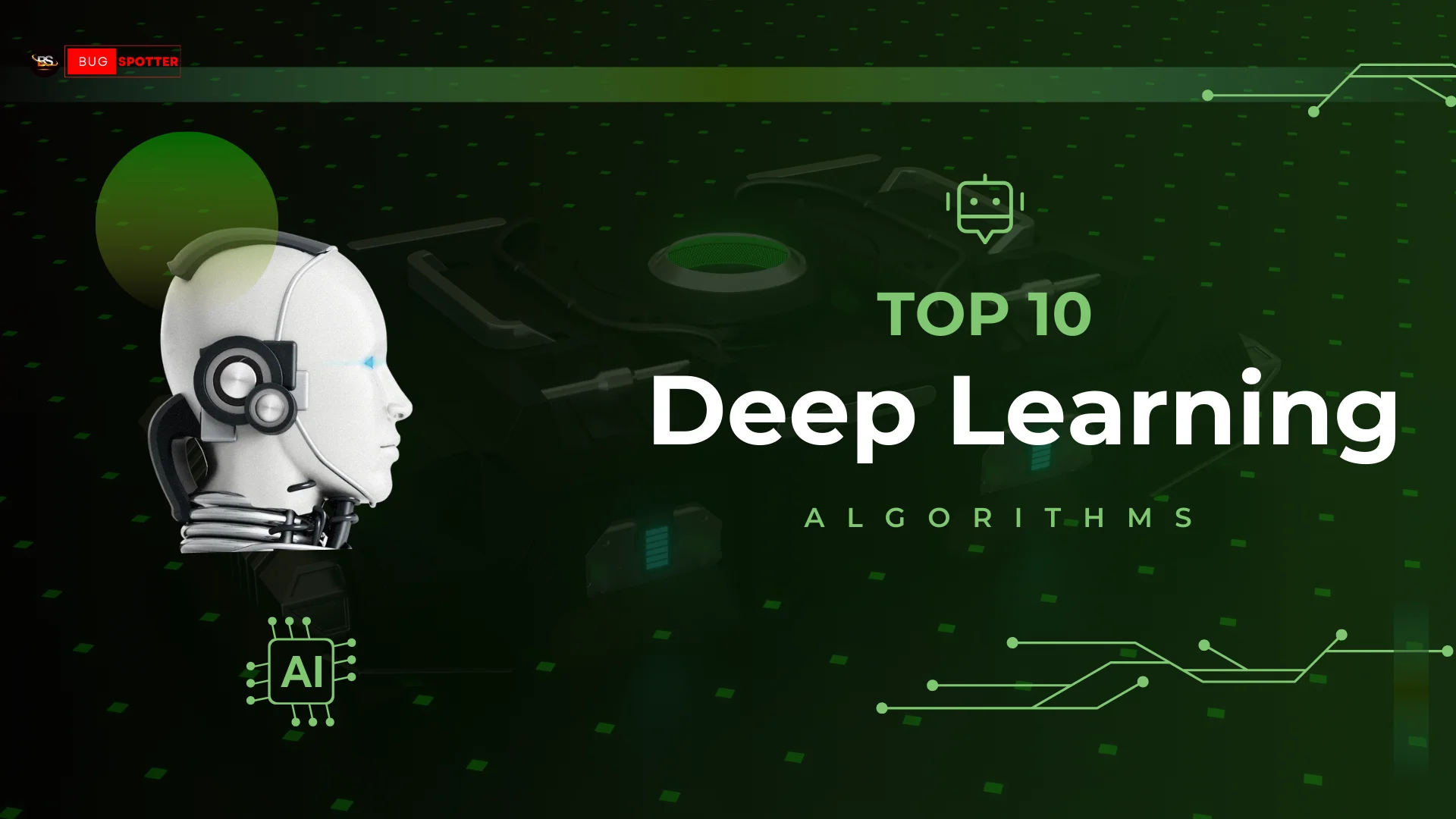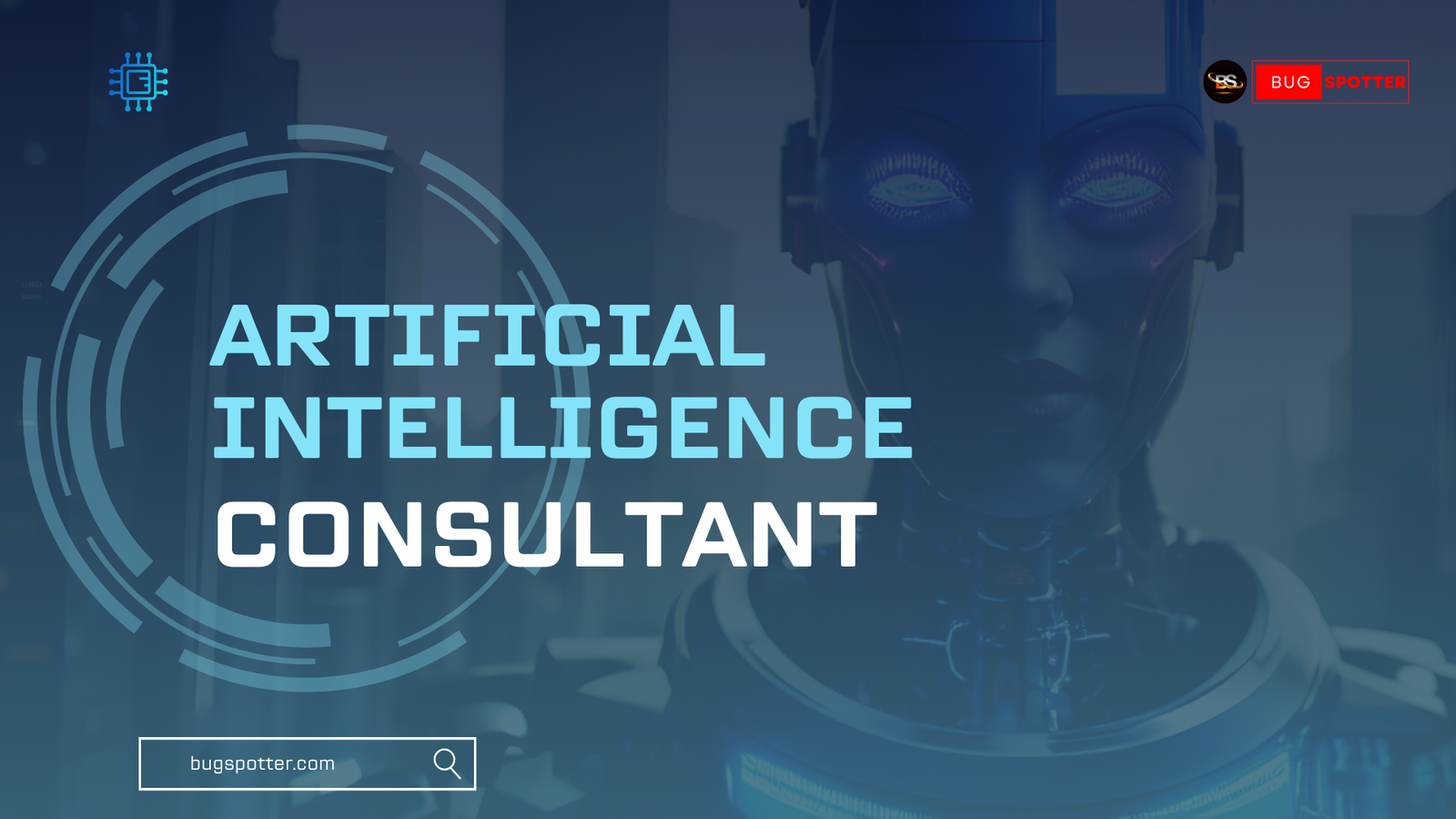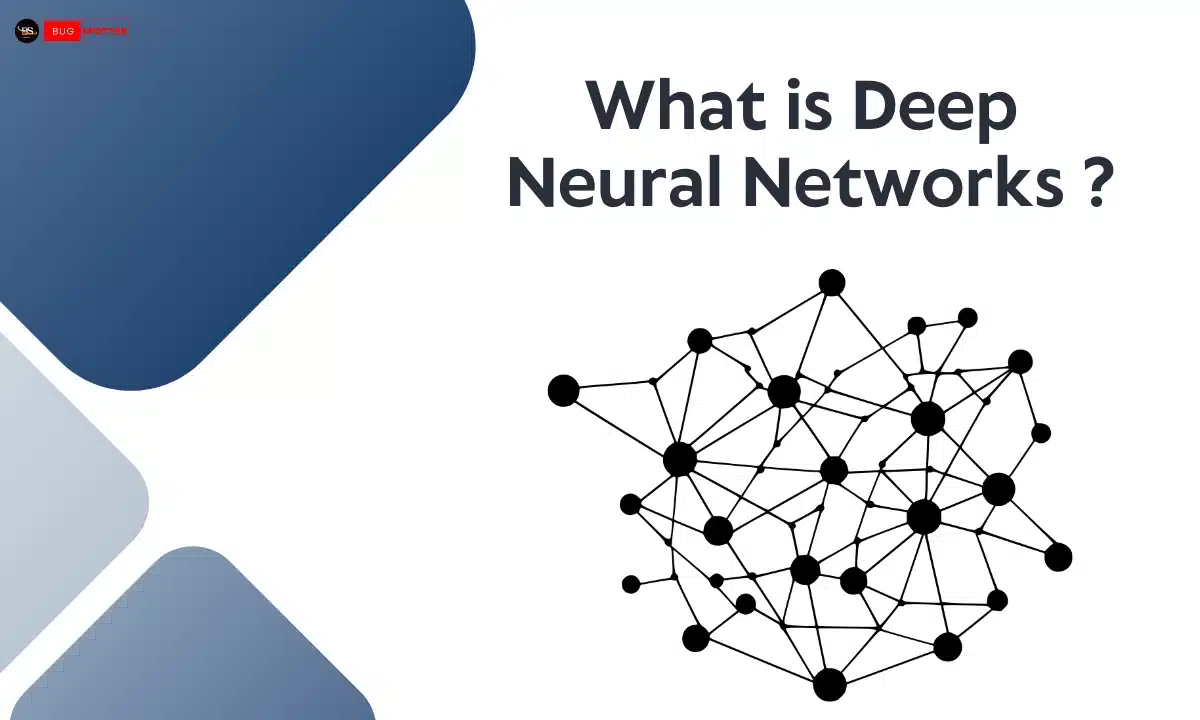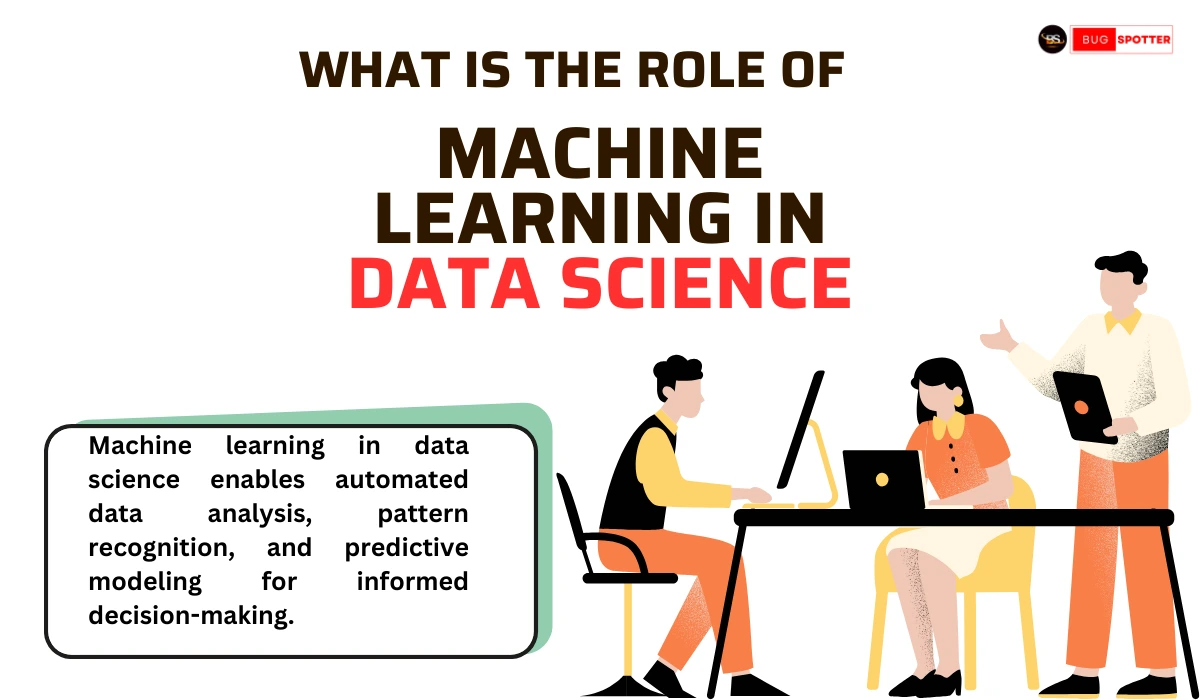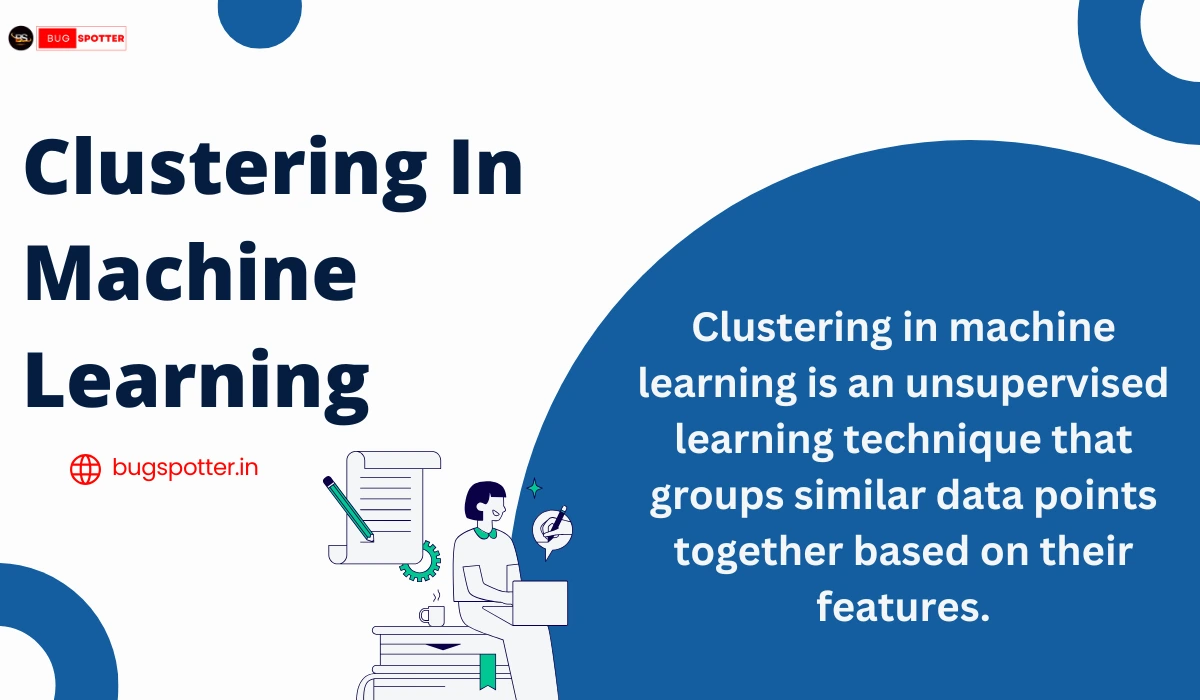What is data science in simple words
Table of Contents
What is data science ?
Data science is the field of study that uses scientific methods, processes, algorithms, and systems to extract knowledge and insights from data. In simple words, it’s about gathering, analyzing, and interpreting large amounts of data to help make decisions or solve problems. Data scientists use techniques from statistics, mathematics, and computer science to turn raw data into valuable information, helping businesses, organizations, and governments make informed decisions.
What are the real-world applications of Data Science?
Data science has a wide range of applications in various fields, transforming how we understand and solve complex problems. Here are some real-world examples:
1.Healthcare:
Predictive Analytics: Data science helps predict disease outbreaks, patient readmissions, and even assists in early diagnosis (e.g., detecting cancer from medical imaging).
Personalized Medicine: Analyzing patient data to recommend individualized treatment plans.
2.Finance:
Fraud Detection: By analyzing transaction patterns, data science can help detect and prevent fraudulent activities in real-time.
Algorithmic Trading: Algorithms analyze market data to make high-frequency trading decisions faster than humans.
Credit Scoring: Data models assess an individual’s creditworthiness based on their financial history.
3.E-commerce:
Recommendation Systems: Online retailers (like Amazon or Netflix) use data science to suggest products or content based on past user behavior.
Customer Segmentation: Businesses can use data science to categorize customers based on purchasing habits and target them with tailored marketing.
4.Marketing and Advertising:
Customer Sentiment Analysis: Social media data is analyzed to understand consumer feelings about a product or brand, helping businesses adjust strategies.
Targeted Advertising: Data science helps advertisers create personalized campaigns that reach the right audience at the right time.
5.Transportation and Logistics:
Route Optimization: Delivery services like Uber or Amazon use data science to find the fastest and most cost-effective routes.
Predictive Maintenance: Airlines and other transportation industries use data to predict when equipment will fail and schedule maintenance proactively.
What are the job opportunities in Data Science?
Data science is a rapidly growing field with a wide variety of job opportunities across different industries.
1.Data Scientist
2.Data Analyst
3.Machine Learning Engineer
4.Data Engineer
5.Business Intelligence (BI) Analyst
6.Data Architect
7.Quantitative Analyst
8.AI Specialist
How to become a Data Scientist
1. Build a Strong Foundation in Mathematics and Statistics
Data science relies heavily on math and statistics, so having a solid understanding of concepts like probability, linear algebra, calculus, and hypothesis testing is essential. These principles form the backbone of data analysis, machine learning, and predictive modeling.
2. Learn Programming Languages
To work with data, you need to be proficient in programming languages such as Python and R, which are widely used in data science for data manipulation, analysis, and machine learning. SQL is also crucial for querying and managing databases.
3. Master Data Wrangling and Data Cleaning
Data often comes in an unorganized and incomplete form, so learning how to clean and preprocess data (also called data wrangling) is a key skill. You’ll need to know how to handle missing values, outliers, and inconsistencies in datasets.
4. Learn Data Visualization Tools
Being able to present your findings is just as important as analyzing the data. Learn data visualization tools like Tableau or libraries like Matplotlib and Seaborn in Python to create meaningful charts and graphs that communicate your results clearly.
5. Study Machine Learning and Algorithms
Machine learning is a core component of data science. Learn about different types of algorithms like regression, classification, clustering, and deep learning. You should also understand model evaluation techniques, such as cross-validation and bias-variance tradeoff.
6. Work on Real-World Projects
Hands-on experience is essential. Start with small projects, like analyzing datasets from open-source repositories (e.g., Kaggle or UCI Machine Learning Repository). Work on personal projects, internships, or participate in competitions to apply your skills and build a portfolio.
7. Learn Big Data Technologies
As you progress, learn about tools and platforms used in big data environments, such as Hadoop, Spark, and NoSQL databases. Understanding cloud computing services like AWS or Google Cloud can also be beneficial for working with large-scale data.
8. Pursue Advanced Education (Optional)
While a degree in data science, computer science, or a related field is often recommended, it’s not always required. You can also pursue online courses, bootcamps, or certifications to deepen your knowledge in specialized areas like machine learning, AI, or deep learning.
9. Stay Updated and Network
Data science is a constantly evolving field. Follow blogs, research papers, and attend conferences or webinars to stay updated with the latest trends and technologies. Networking with professionals in the field can also provide valuable insights and career opportunities.
10. Seek Data Science Roles
Once you have the necessary skills and experience, start applying for data science roles such as Data Analyst, Machine Learning Engineer, or Junior Data Scientist to gain more professional experience. As you progress, you can move to more senior roles like Senior Data Scientist or Data Science Manager.
Skills Required for Data Scientist
To become a successful data scientist, professionals must possess both technical and human skills. Below is a list of the key skills required:
- Programming Languages: Python, R, SQL for data manipulation and analysis.
- Mathematics & Statistics: Strong knowledge of probability, statistics, and linear algebra.
- Machine Learning: Proficiency in algorithms like regression, classification, and clustering.
- Data Wrangling: Cleaning and processing raw data into usable formats.
- Data Visualization: Using tools like Tableau, Matplotlib, and Seaborn to present data insights.
- Big Data Technologies: Knowledge of Hadoop, Spark, and NoSQL databases for handling large datasets.
- Cloud Computing: Familiarity with AWS, Google Cloud, or Azure for scalable data processing.
- Communication Skills: The ability to communicate complex findings clearly to non-technical stakeholders.
- Problem-Solving: Critical thinking to solve business problems using data-driven approaches.
- Business Acumen: Understanding how data science can solve business challenges.
- Ethics: Understanding ethical implications, including bias and data privacy, in data science.




